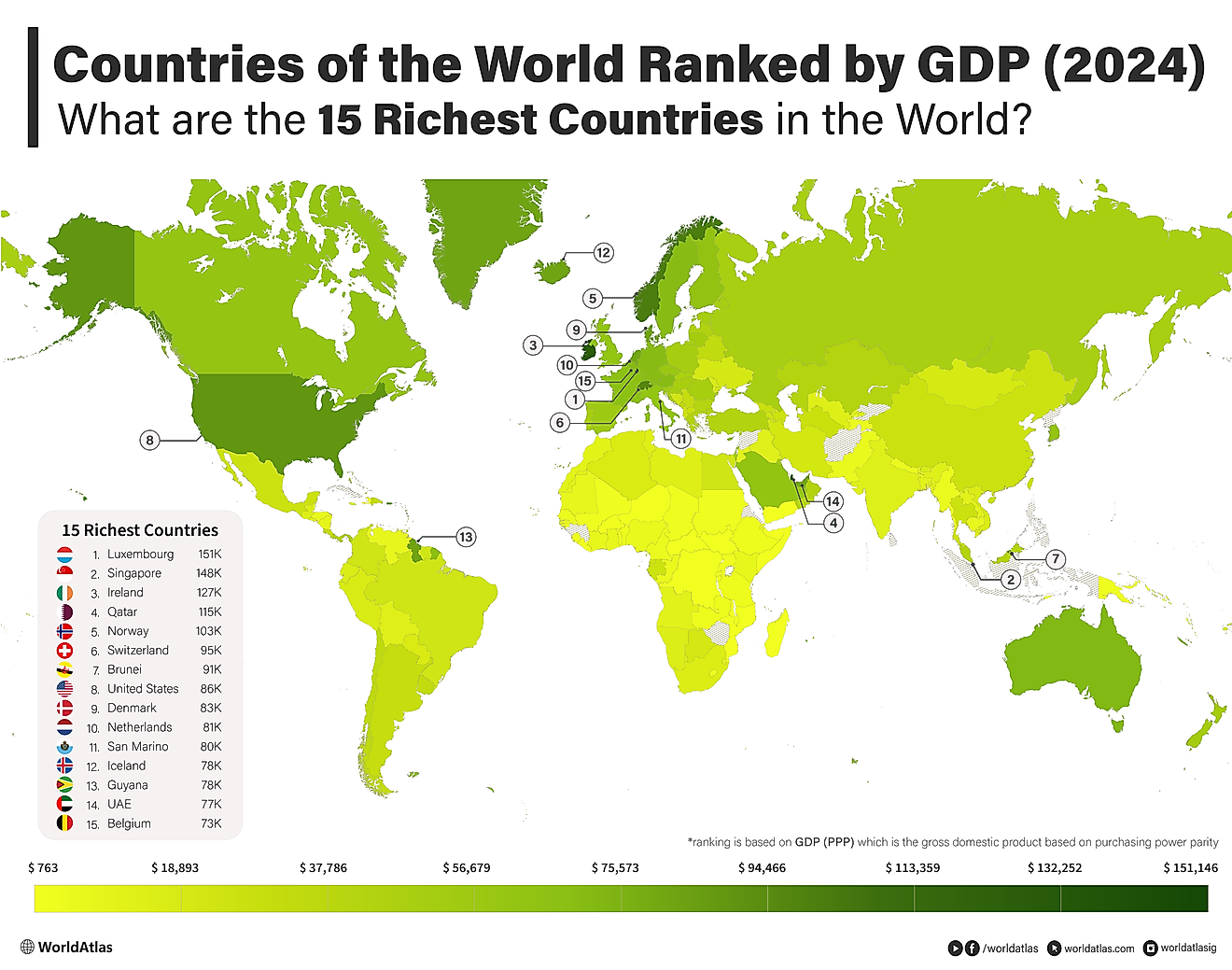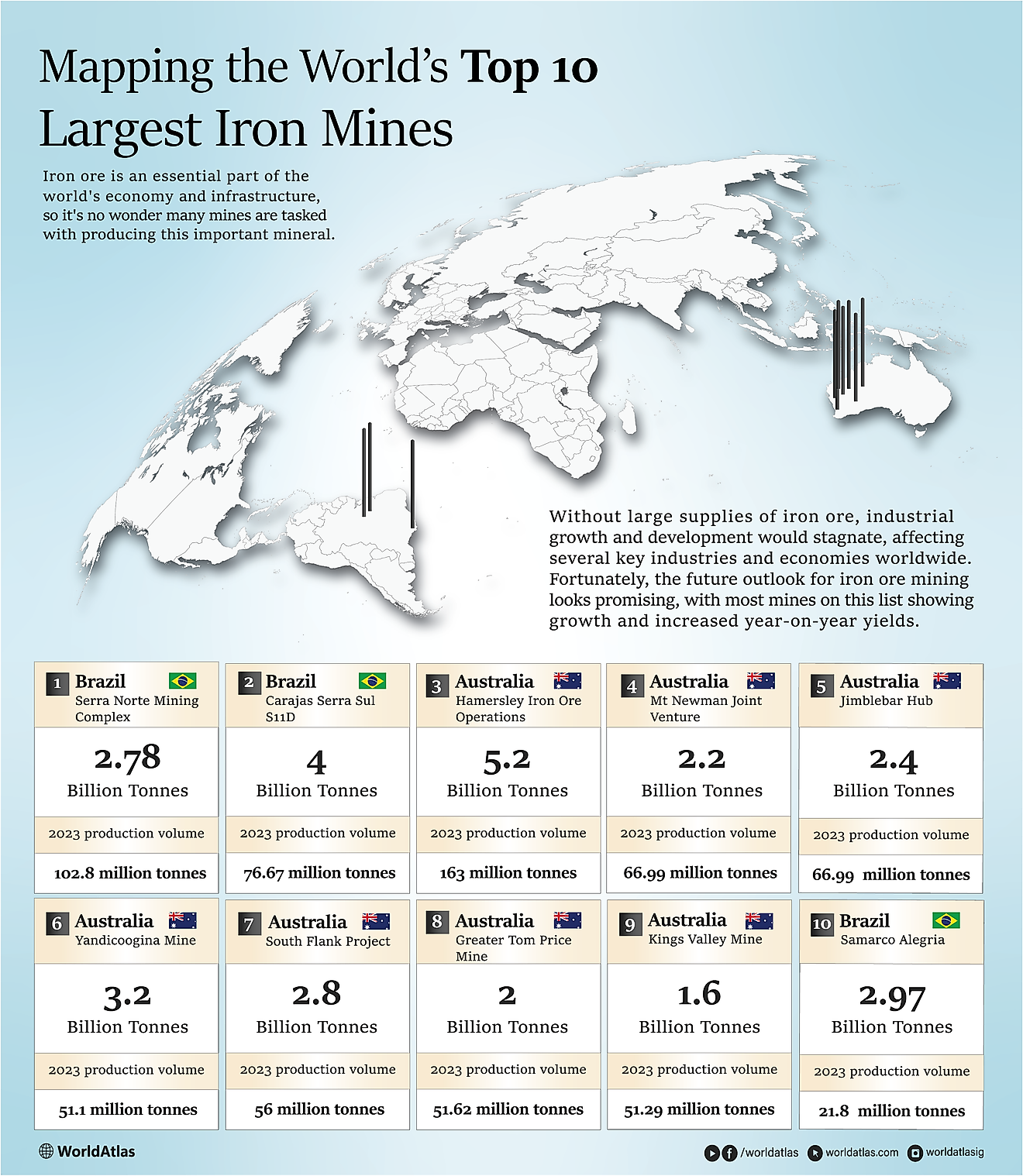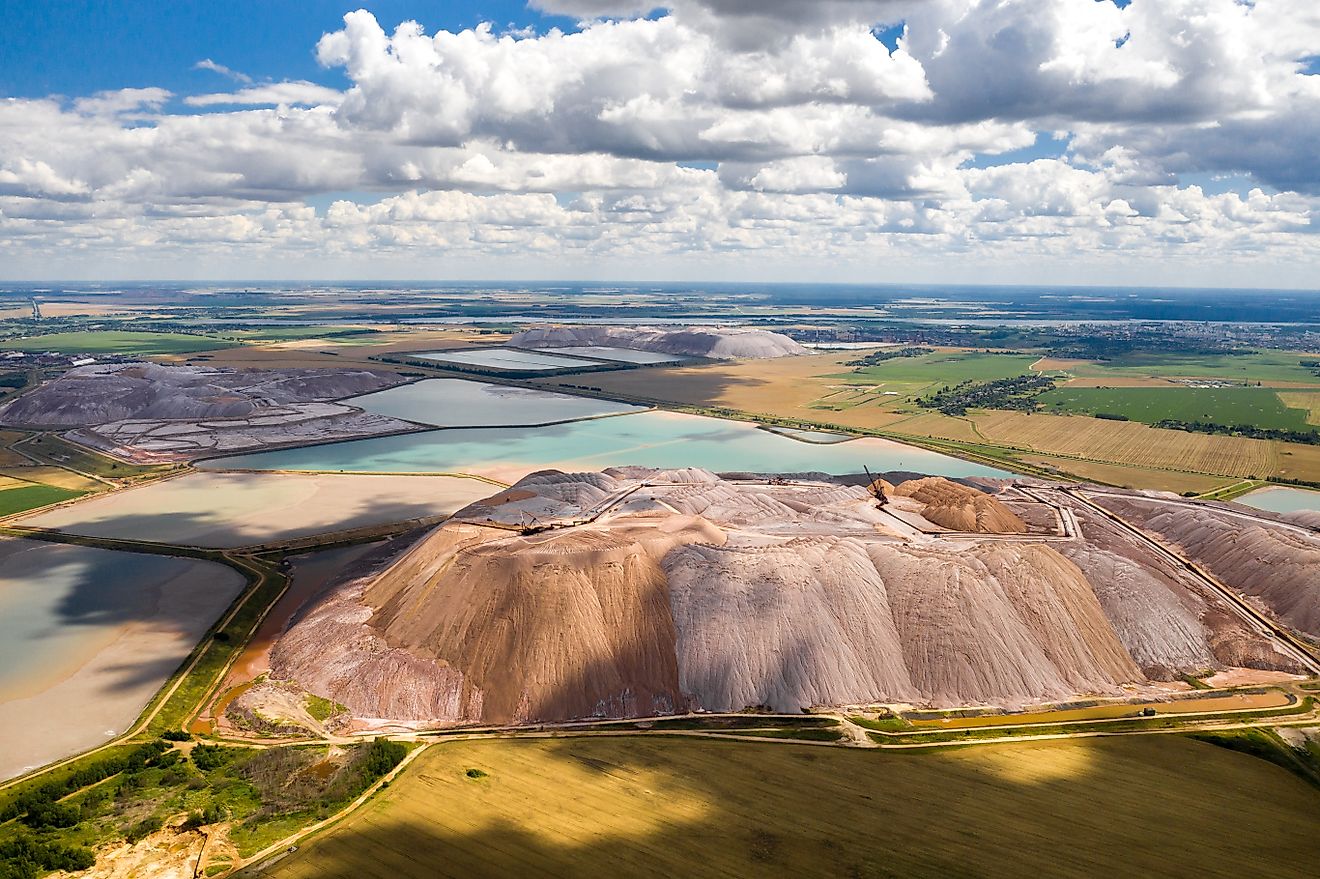What is a Free-Trade Zone?

A Free-Trade zone (FTZ) is a type of a special economic zone – an area of different trade and business laws from the rest of the country. It is created for landing, reconfiguration, storage, manufacturing, and re-exporting of goods. FTZs operate under special customs regulations which exempt businesses within the zone from custom duties. In most cases, FTZs are located near international ports such as airports, seaports, and national frontiers. Free trade zones are also referred to as Export Processing Zones (in most developing countries), Foreign trade zones (United States), and duty-free export processing zones among other names.
The Importance of Free Trade Zones
The main reason why governments create FTZ's is to increase the amount trade around international transport infrastructures such as airports, seaports, and borders. The most common way to achieve this is by removing or simplifying the customs and tariff regulations. Such a move has the effect of reducing the time taken in the port by planes and ships due to reduced customs formalities. In fact, Shannon FTZ in Ireland which is one of the oldest free trade zones (created in 1959) was created to use airport infrastructure that had become redundant. By 1959 advances in aircraft technology had resulted in long range aircraft which did not make a refueling stop in Shannon. The Irish government created the FTZ to maintain employment around the airport. The FTZ was so successful that it is still operational to this day.
How Free Trade Zones Work
FTZ's are an efficient way to attain cost savings and supply chains efficiencies for a company involved in distribution or manufacture of internationally traded items. The savings result from reduced taxes, duties, and costs applicable in FTZ. The reduced costs are mainly to the measures host governments implement in the free trade zones. Such measures include:
- Duty exemption: In most free trade zones, items that enter into the zone and subsequently exported without entering the host countries are exempt from import duties.
- Duty Deferral: for imports that eventually enter into the host country's economy the duty is deferred until the time of entry.
- Duty reduction: for importers who source raw materials abroad and then proceed with manufacturing in the FTZ for items destined for the host country's consumption is normally allowed to choose to pay duty on either the imported raw materials or on the manufactured item (when such duty is lower).
- Elimination of duty payments on waste: since an importer operating a factory in an FTZ does not pay duty until the goods leave the zone for export or into the host country, duty is payable only for processed raw materials. Duty is not paid on byproducts and wastes hence reducing the amount of duties.
- Indefinite storage: a company operating in the FTZ can import and store goods indefinitely without having to pay duty until it is time for re-export.
- Improved inventory management: companies operating in the FTZ can import items, classify and sort them in their FTZ warehouse before having to clear with customs eliminating unnecessary or inaccurate custom costs.
Criticisms of Free Trade Areas
From the late 20th century to date there has been a proliferation of FTZ's globally to the extent that more than a third of the countries have them. However, most of them have not succeeded either in attracting investors, or there have been no tangible benefits to the host countries. In the first place, the incentives offered to investors represent revenue lost to the host governments. FTZ's also create unfair competition if the companies in the zones are allowed to produce items for domestic markets. Additionally, FTZ's in developing countries have been linked to money laundering. All in all, a well managed FTZ's such as Shannon in Ireland and Shenzhen in China can be a boost for the economy, however, for that to happen there needs to be effective management.











